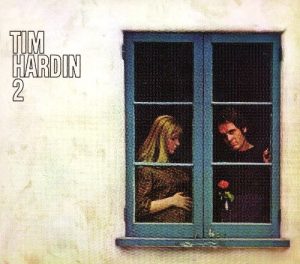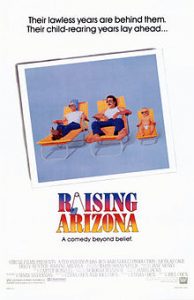Black Sheep Boy
Song written and performed by Tim Hardin
I must have been around twelve years old when I fell in love. Her name was Brandy. She was a fine girl. I stumbled upon the song on a cassette tape owned by my brother. I probably wore it out rewinding back to the beginning of the song.
I’m sure you have favorite songs that probably found greater favor on a downmarket pop collection than in the history books. Unless you have an unusual fondness for 70s pop music, then you had completely forgotten Looking Glass. You probably also forgot that Exile got their start as a pop band before they went country.
And now you have two songs haunting your thoughts over the next few days. My apologies, but they really could create a decent hook. But that’s the thing- I have not gone six months in the last forty years without thinking about those songs. I’m okay with that.
When I think about Tim Hardin and David Ackles, I feel that same mix of wonder, thrill, and loneliness. I am certain that no one reading this gets me on those pop songs. You might, but more people probably think that I’m a little bit off. They might be right. That’s okay. As an artist, one significant connection justifies a lot of work.

Tim Hardin
is written about with unending praise, which is truly merited. His songs and recordings are truly a thing of joy. But then the rub arises. Most of the people raving about Tim Hardin are writing in books or on critic sites or such. In a lot of ways, they come across as experts in singer/songwriters. You know, the sort of person who can tell you all about the recordings of Joni Mitchell while wondering if you truly appreciate Elton John’s early output. Once again, my apologies. It can be difficult to make a real connection over a work of art that touches us. Critical writing helps us think, but it doesn’t always help us feel. So, I am surprised when a voice reaches out of the darkness and nods their head.
If you go here, then you can hear one of those beautiful moments of connection for me. Down at the bottom of the page, skip ahead to about 4:15 on episode 1, part 1. (If you’ve been following along this blog, then I would give a lot to hear Joe Strummer on Steve Allen’s Meeting of the Minds.)
What a stunning song… Who hasn’t felt like an outcast? The tale of the prodigal son still carries weight wherever it is told. The pairing of that voice with those words… I don’t think it is any accident that Hardin recorded a beautiful ode to Hank Williams on the same album. As much as anyone, I hear the beauty of Hank Williams in Tim Hardin, as well as the edge of tragedy- joy in the face of hard days. Sometimes, I wonder if Hardin was just looking for another person who could connect with him about ole’ Hank.
What’s it all about?
You’ve Got to Check This Out is a blog series about music, words, and all sorts of artistic matters. It started with an explanation. 188 more to go.
New additions to You’ve Got to Check This Out release regularly. Also, free humor, short works, and poetry post irregularly. Receive notifications on Facebook by friending or following Craig.
Images may be subject to copyright.

